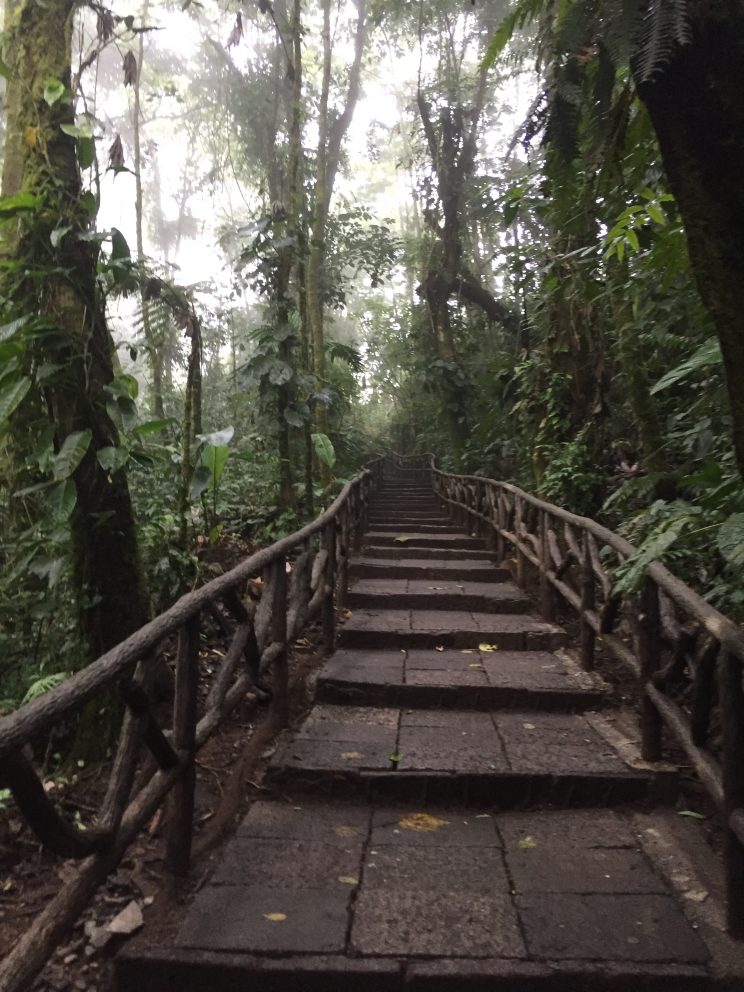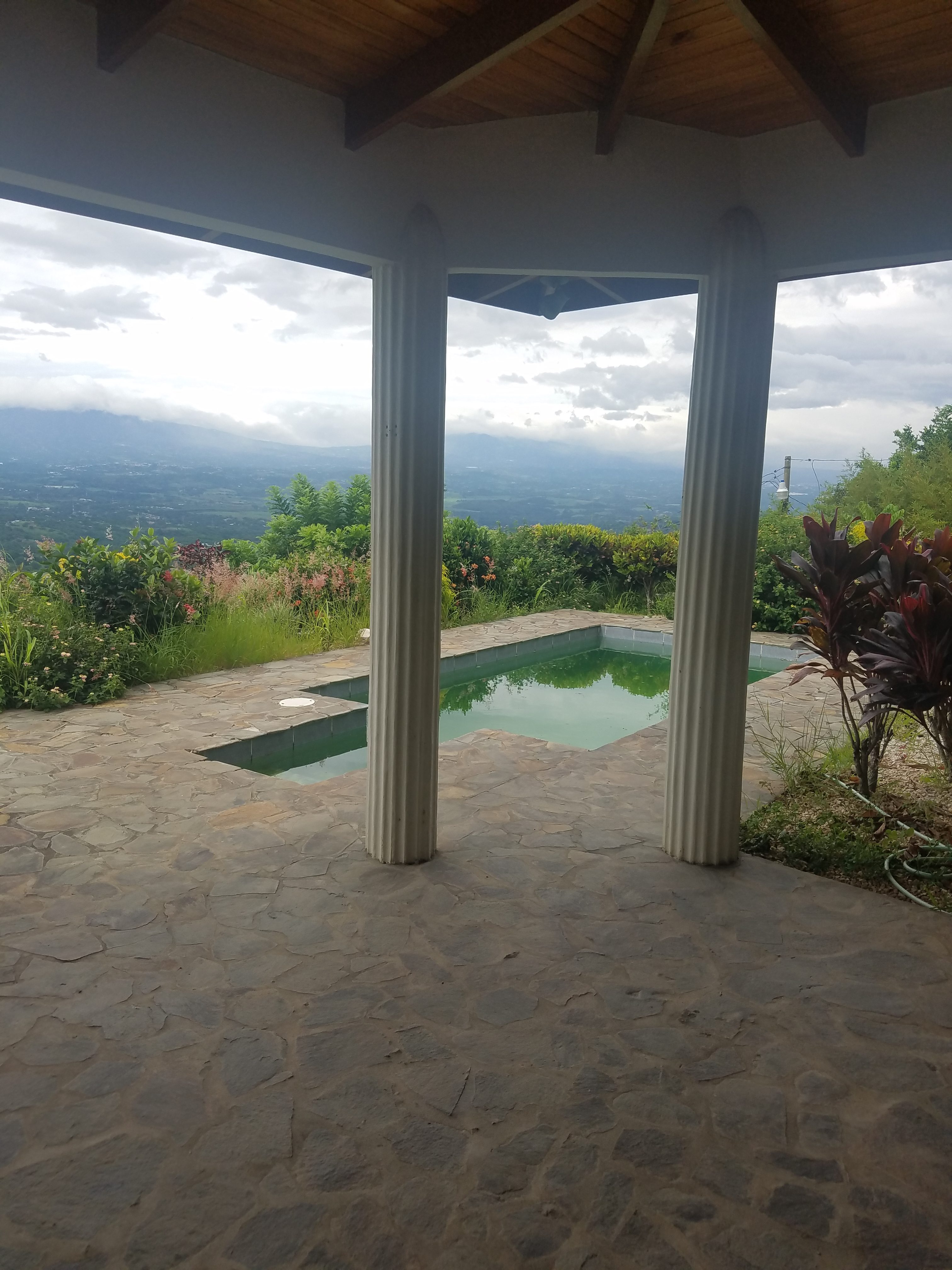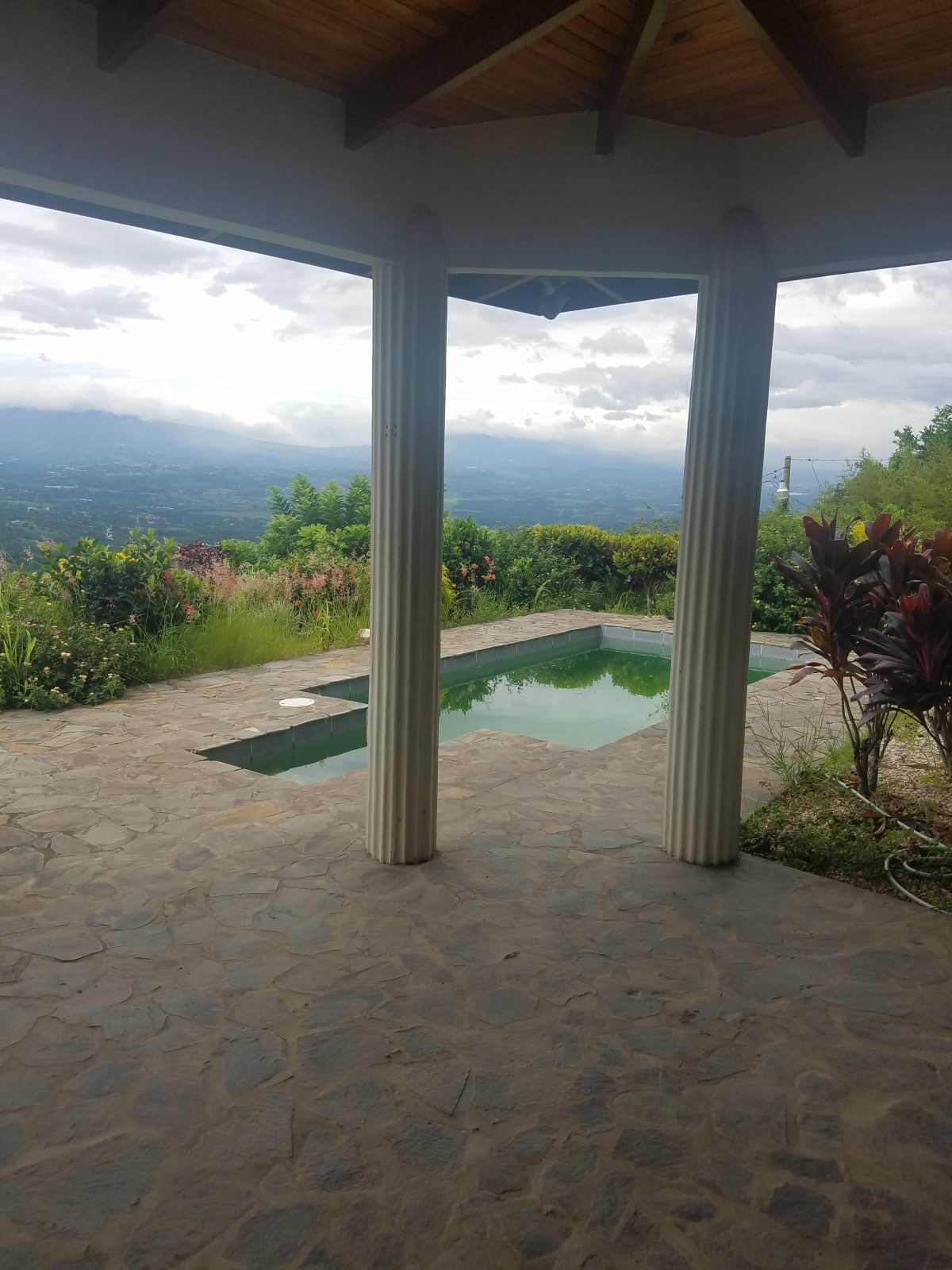Talkin to CR
Like many folks over the age of 30, my preferred mode of communication (besides email) is talking on the phone. I find texting good for brief and/or group communications and when cell phone calls can’t seem to go through. My biggest problem with texting, besides my uncoordinated thumbs, is that one never knows when the conversation is over. Responses can take a few minutes to a few hours to arrive, and the only way I have figured out to move on to a more useful activity is to text: OK, gotta go. Really. Take care. Talk soon.
So let’s talk about cell phone calls between the US and Costa Rica. If you bring a phone contracted through a US carrier to CR, as I did with Verizon Wireless, making and receiving calls is very costly. For while you are here, Verizon has an international calling plan for $40 per month which allows 100 minutes of voice, 100 MB of data and 100 texts (received texts are free). This may sound good, but data includes emails and Internet and will use up the allowance very quickly. Anything above the allowance is crazy expensive, so this is not a good option. The best one can do if one wants to keep and use only the US cell phone is to disable the data and check emails and do Internet searches only where there is WiFi, which is ubiquitous. You just need to ask for the password when you want to use WiFi when you’re not at home.
Now, for your friends and family in the US who want to call you in CR, there are whatever options your carrier offers: With Verizon, if you pay $5 per month, calls to CR cost .05 per minute. Texting costs .25 to send and .20 to receive. Even that, however, can end of costing quite a bit.
This is why it’s best to get a Costa Rican cellphone and plan or just the plan which gives you local number and a SIM card which you can then insert into a US phone. Cell phone service here is very inexpensive, because it has to be affordable to everyone; I have a very comprehensive plan which costs less than $30 per month. The phones themselves, however, are expensive; if you want a brand you know in the US, you may want to by one there before coming here. (The only downside to that is that those system updates which the cell companies send out from time to time will not install on US phones with CR SIM cards.)
The best option for international calls involves Internet-based phone services, such as WhatsApp and MagicJack. First, let’s look at Whatsapp: The way it works, or is supposed to, is that when you make or receive a call, you go to the WhatsApp app (which you’ve installed for free on your phone) and dial out from there; it will automatically recognize any of your contacts who themselves have the app. This is because people on both ends of the call have to have it, so you need to notify your contacts in advance and tell them to install it. Now, when you are in range of WiFi, the app knows it; when you are not in range of and connected to WiFi, the call goes to your regular cell phone plan. My experience with WhatsApp has not been great, because it works only when both parties are on WhatsApp and connected to WiFi; even then, at times, my calls dropped in the middle of conversations.
By far, the best thing to do is use MagicJack. First, I selected a plan between the US and CR, which cost an initial discounted fee of $35 to join and to receive the equipment; I also got to select a new US phone number (from an area code of my choosing and a list of available numbers), and now pay $5 per month for unlimited calls to and from the US. When I first set up my house here, I bought a package from my Internet and cable provider which came with cable TV, Internet, and a home telephone (which looks and acts like a landline). MagicJack needs to be plugged into the same modem which controls everything else. I also downloaded the MJ app and can now make and receive calls at home or away without worrying about WiFi, since calls use very little data. And, even better, those calling me just use my new number and do not need to have any app or WiFi on their end.
And now for the bonus round…
I got creative and devised a system to optimize my telephonic (if that’s a word) experience. I had a two-line phone at my house in California which also came with three wireless two-line extensions; wireless means that you need only an electrical outlet wherever you want a phone extension (great for bathrooms and garages). So, here, I connected both my CR landline and my MajicJack equipment into both my computer modem and my two-line phone. Now I can make and receive calls on my Costa Rican and US numbers on any of the phones in the house; CR is on line 1 and US on line 2. This system had an unexpected benefit: When I used MagicJack on my cell phone, I often accidentally ended the call when the cell phone touched my face; this never happens with the home phones.
So, to recap:
- I have a Costa Rican cell phone so, when I’m out, I can communicate with friends and businesses here. It’s cheap.
- I have a Costa Rican landline at my house, which is free and I use for local calls when I am at home. Call minutes are unlimited.
- I have MagicJack installed at home. I just hit line 2 to make or answer US calls and never pay more than $5 per month.
- I have MagicJack installed on my cell phone for when I’m out and about. I have to go the app to dial out, but when calls come in, I just answer.
Setup required time, thought and effort, but now I pay only my cell phone bill (under $30) and $5 per month for international calls. That’s it.

For the record: Based on my research, I use Skype on my computer but not on my cell phone; so I cannot compare it with other Internet-based phone systems.

